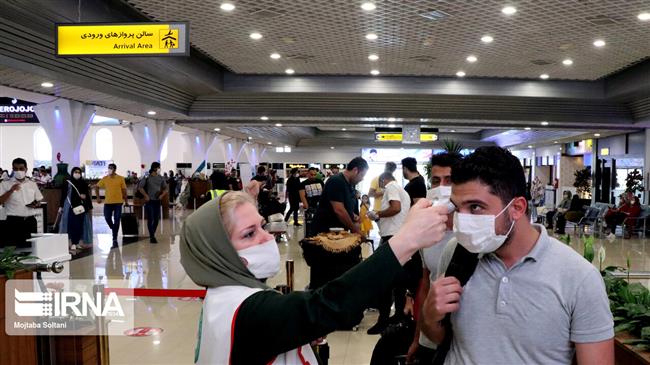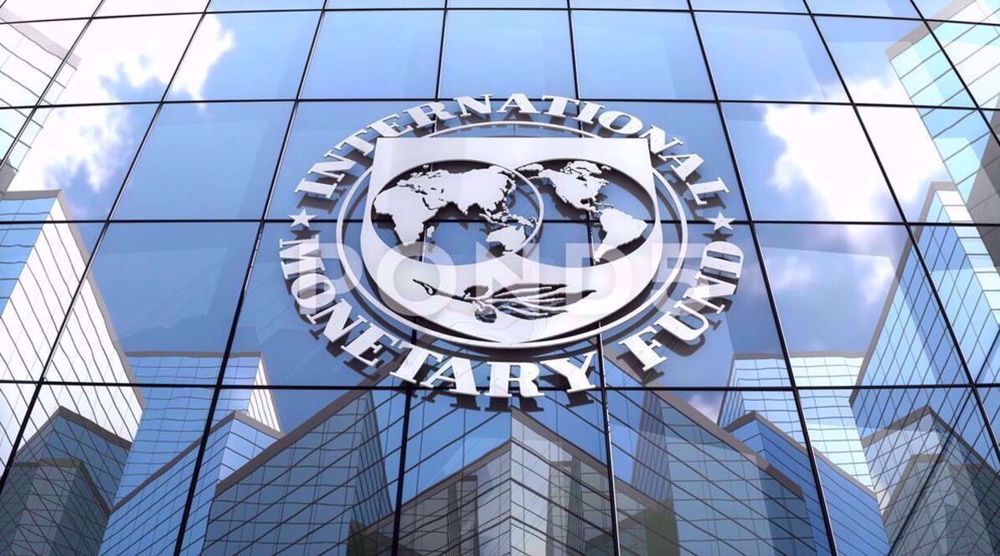Passengers arriving in Iranian airport had fake COVID test results: Minister
Iran’s transportation minister says some passengers arriving in the country’s main international airport have presented falsified documents to falsely show they are free from COVID-19, the disease caused by the coronavirus.
Mohammad Eslami made the remarks on Sunday in response to claims by a senior parliament lawmaker suggesting that the number of positive COVID-19 cases in the Iran had increased in recent weeks because of loose controls on arrivals from abroad.
“Some passengers arriving from abroad had negative coronavirus test certificates which we got wind of the forgery of the tests because of the watchfulness of the health ministry,” said Eslami.
The minister would not elaborate on more details including the name of the countries from which passengers with fake COVID-19 tests had boarded planes bound for Iran.
He suggested, however, that the government would introduce tougher restrictions on arrivals from those countries, adding that authorities in those countries may be required to validate the tests before they allow passengers to fly to Iran.
There has been an increase this month in the number of countries reporting similar discoveries of falsified COVID-19 tests. However, no case has been reported about passengers traveling from Iran with fake COVID-19 documents.
Eslami rejected claims suggesting that the government had eased its control on foreign arrivals in recent weeks. He said around 500 to 750 people arriving in Tehran’s Imam Khomeini International Airport each day are ordered to isolate after being tested positive for COVID-19.
Iran has been grappling with one of the largest outbreaks of COVID-19 in the Middle East region. Nearly 150,000 COVID-19 infections and more than 58,000 deaths have been reported in the country since late February 2020.
The Iranian health ministry is to roll out the first phase of a national immunization program against the disease after it took delivery of a first batch of foreign-made vaccines from Russia earlier this week. Deputy health minister Alireza Raeisi said on Sunday that 1.3 million people will receive the jab until the end of the current calendar year in late March.
British protesters slam UK’s complicity in Gaza genocide on Balfour day
US surgeon haunted by Gaza children with ‘single gunshot wounds to head’
VIDEO | Iran's possible retaliation against Israel
VIDEO | Fatal Harvest: Escalating attacks on Palestinian farmers in the occupied West Bank
Hamas rejects temporary truce offer, calls for complete ceasefire in Gaza
Iran among top nuclear technology countries: AEOI chief
Democrats 'risk losing' election for backing Israeli war on Gaza, Lebanon: US journalist
Protesters remove busts of Israel's first president from Manchester Univ.











 This makes it easy to access the Press TV website
This makes it easy to access the Press TV website